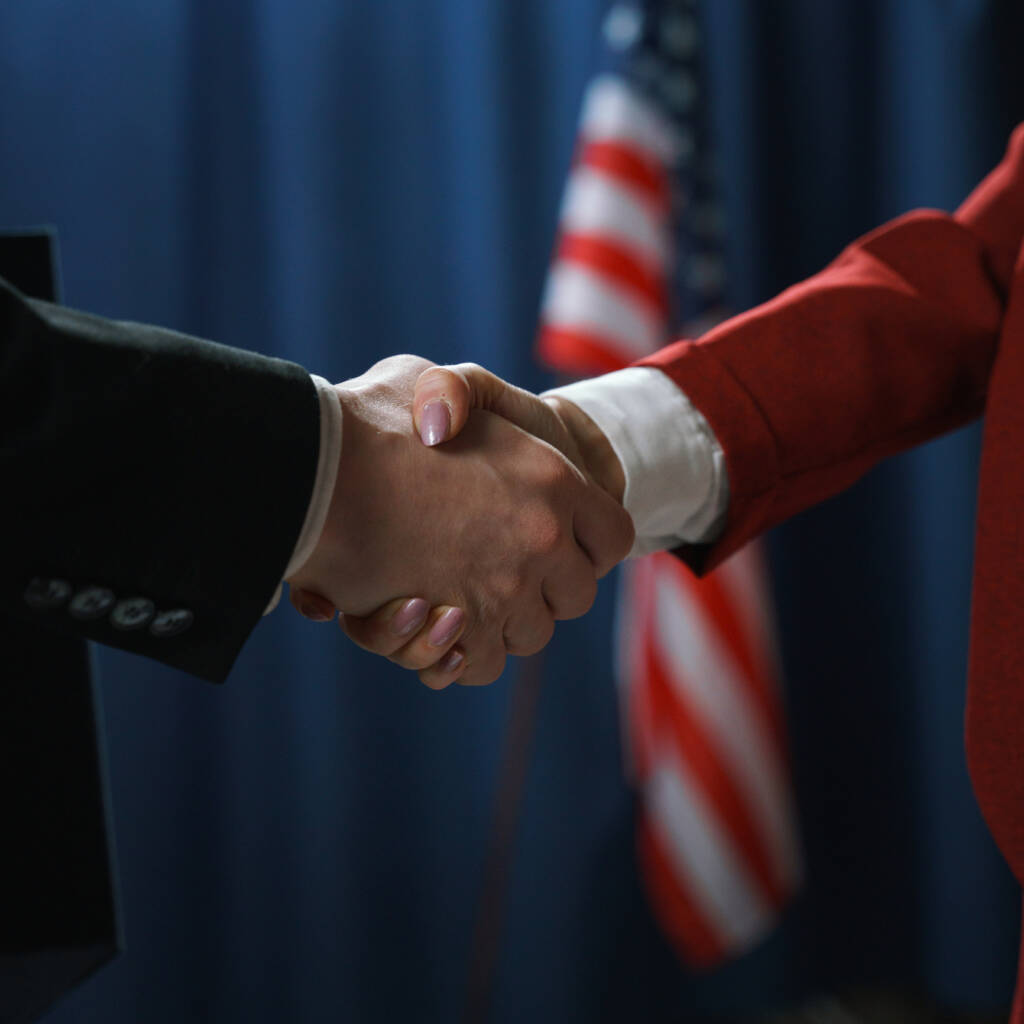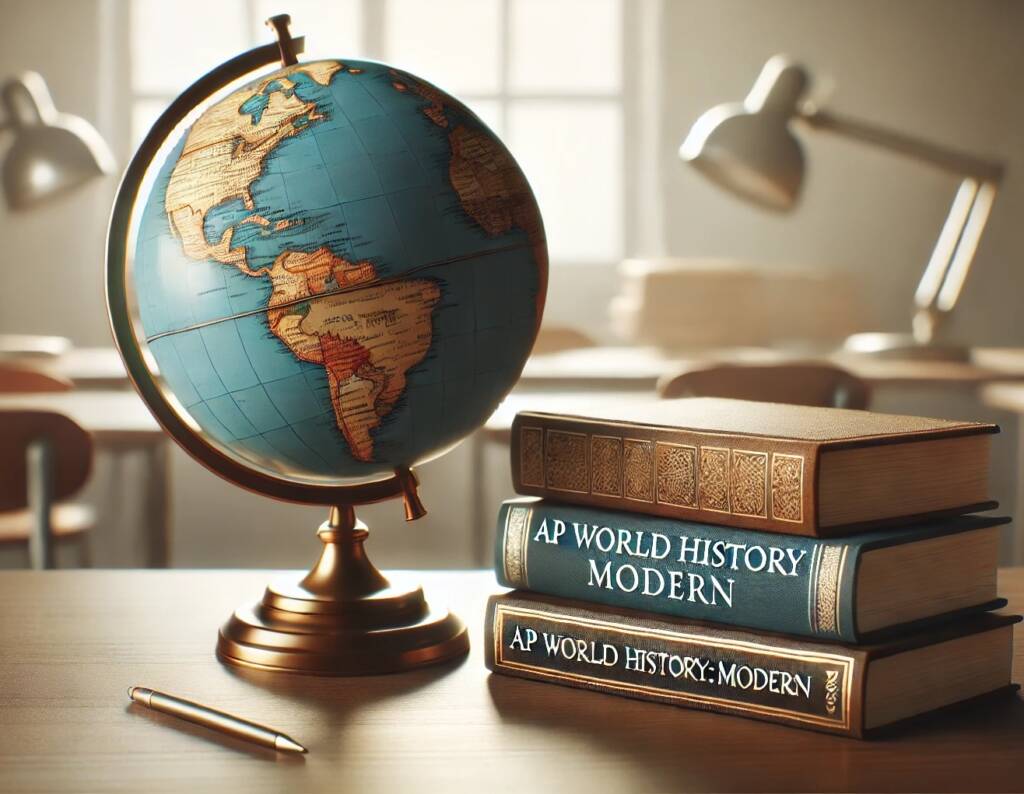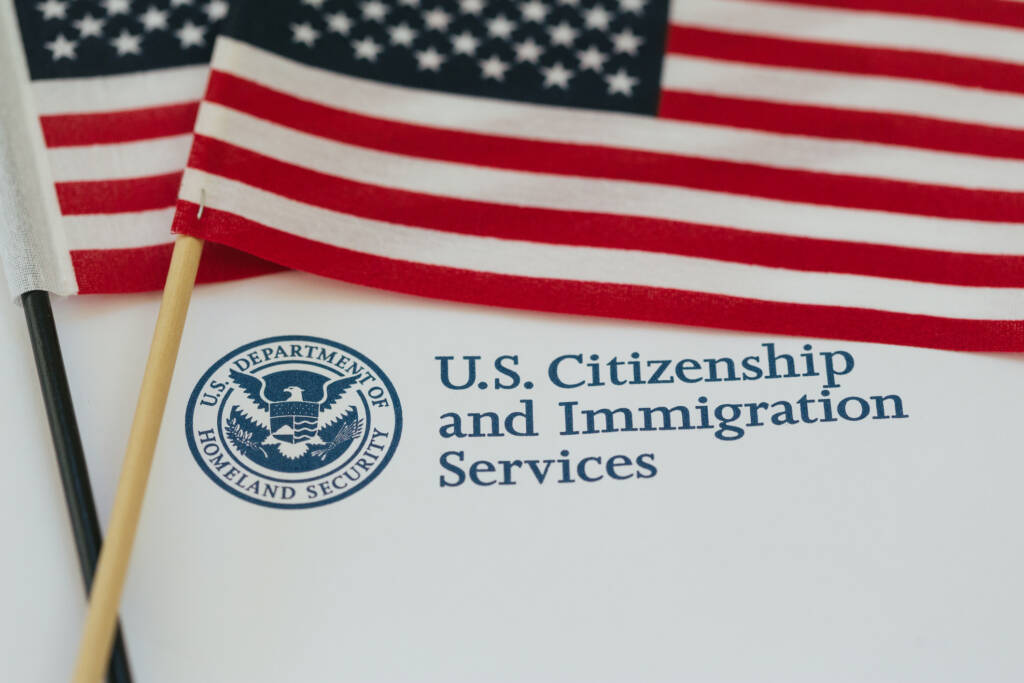
United States History/United States History Honors

Description: The United States began as an experiment in freedom and democracy. Since its establishment, the country and its people have endured social, political, and economic revolutions. In this course, students will investigate the people, events, and ideas that have shaped the United States from the end of the Civil War through today.
Students are asked to analyze and evaluate decisions made by political, business, and military leaders. Emphasis is placed on connections between events of the past and present. This course also gives students the opportunity to conduct research and apply their learning to current, real-world problems.
Major Topics and Concepts
Segment One Topics:
Understanding the chronological order of historical events
Understanding the connections between historical events
Generating inferences around historical events
Purpose and application of various maps
Interpreting Primary and Secondary sources
Civil War
Reconstruction
Westward Expansion
Industrial Revolution
Populism
Push and Pull Factors of Immigration
Social Reform
Imperialism
World War I
The Roaring Twenties
The Great Depression
Segment Two Topics:
World War II
Cold War
Korean War
Vietnam War
Civil Rights Movement
1970s, 1980s, and 1990s
The Millennium
Terrorism
Competencies
Reconstruction and Westward Expansion
Students will demonstrate an understanding of Reconstruction and Westward Expansion by explaining factors that led to the Civil War and Westward Expansion, and describing the impact of government actions on individuals during Reconstruction and Westward Expansion
The Second Industrial Revolution
Students will demonstrate an understanding of the Second Industrial Revolution by explaining causes of the Second Industrial Revolution, analyzing the resulting social impact of economic expansion in the United States, and summarizing resulting labor and social reform movements.
The Impact of War on Domestic and Foreign Policy
Students will demonstrate an understanding of the impact of war on domestic and foreign policy by describing United States foreign policy before World War I, summarizing the causes of World War I and the impacts of United States participation, and explaining United States domestic policy during World War I.
Impact of the Economy on Cultural Change
Students will demonstrate an understanding of the impact of the economy on cultural change by explaining the impact of economic factors on American culture and society between World War I and World War II, and describing the reflection of American values in cultural trends.
United States Intervention in Foreign Conflict
Students will demonstrate an understanding of the United States’ intervention in foreign conflict by explaining the change in United States foreign policy in response to World War II, describing the United States’ response to the Holocaust, and analyzing the impact of United States foreign policy during World War II.
Containing Communism and Preventing Nuclear Attack
Students will demonstrate an understanding of containing communism and preventing nuclear attack by explaining foreign policy related to the Korean War, describing the consequences of the Cold War for American society, and analyzing American disillusionment during the Vietnam War.
The Civil Rights Movement
Students will demonstrate an understanding of the Civil Rights Movement by describing Civil Rights Movement leaders and methods, summarizing events of the Civil Rights Era, and analyzing the impact of the Civil Rights Movement on marginalized groups.
Challenges of the Modern Era
Students will demonstrate an understanding of the challenges of the Modern Era by analyzing social and environmental issues of the Modern Era.
New Hampshire’s Role in International Diplomacy
Students will demonstrate an understanding of New Hampshire's role in international diplomacy by explaining New Hampshire’s role in events leading to the settlement of the Russo-Japanese War.
